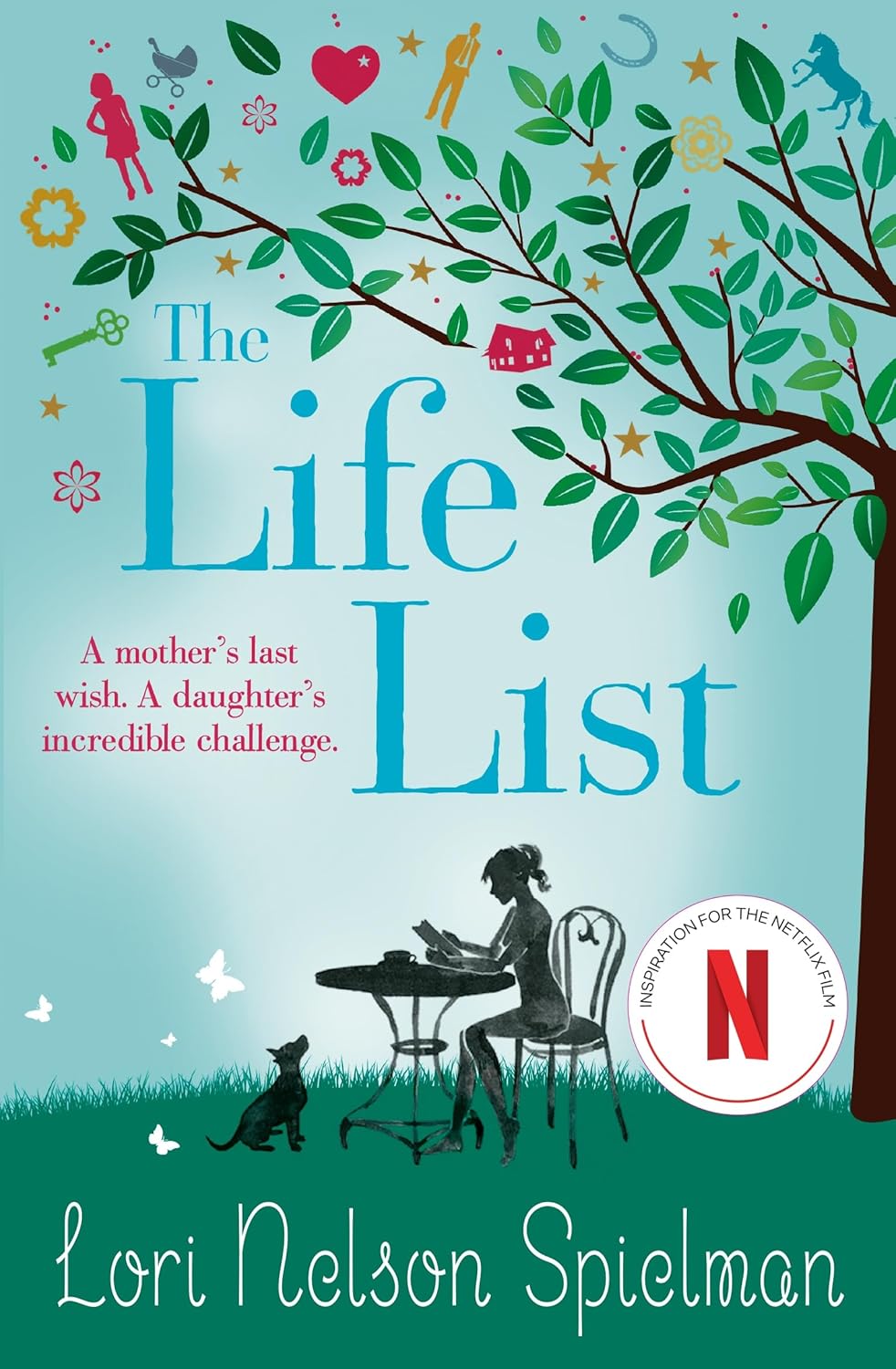Introduction: A Mother’s Last Gift
In The Life List, Lori Nelson Spielman crafts a poignant narrative that explores grief, self-discovery, and the enduring power of childhood dreams. The novel centers around Brett Bohlinger, a successful Chicago woman whose life takes an unexpected turn following her mother’s death. What begins as a typical inheritance story transforms into an emotional journey when Brett discovers she must complete a list of youthful aspirations she wrote at age 14 to claim her fortune.
This unique premise immediately hooks readers, promising a story about second chances and personal reinvention. As Brett reluctantly embarks on fulfilling these long-forgotten goals—from “help poor people” to “have a baby”—she’s forced to confront how much she’s changed and what truly matters in life. The novel’s strength lies in its emotional resonance, though some plot elements have drawn criticism for being overly contrived.
The Story: Brett’s Extraordinary Challenge
The plot unfolds with Brett at what appears to be the peak of her success: a high-powered job in the family cosmetics business, a luxurious apartment, and a handsome financier boyfriend. When her beloved mother Catherine passes away, Brett expects to inherit her share of the family fortune. Instead, she receives a shocking stipulation—she must complete every item on a life list she wrote as a teenager within one year.
As Brett works through the list, each goal pushes her further out of her comfort zone. She leaves her corporate job to become a teacher, reconnects with her estranged father, and even considers adopting the baby of a terminally ill young woman named Sin-Quita. These challenges force Brett to examine her privilege, her relationships, and her understanding of what constitutes a meaningful life.
“It made me cry at least three times… you should definitely give it a read because it’s amazing.” — Reader Review
What Works: The Novel’s Strengths
What Readers Loved
- Emotional Depth: Spielman excels at creating tear-jerking moments, particularly in Brett’s grief over losing her mother and her evolving relationship with her father.
- Nostalgic Appeal: The concept of revisiting childhood dreams resonates powerfully with readers who reflect on their own abandoned aspirations.
- Character Growth: Brett’s transformation from a privileged executive to someone more grounded and compassionate feels rewarding.
- Thought-Provoking Themes: The novel raises interesting questions about legacy, privilege, and whether we owe anything to our younger selves.
What Readers Criticized
- Unrealistic Elements: Some plot points, like Brett’s rapid career change and the adoption storyline, strain credibility.
- Privilege Blind Spots: While the book acknowledges Brett’s wealth, some readers wanted deeper exploration of class dynamics.
- Predictable Moments: Certain story arcs follow familiar women’s fiction tropes without enough subversion.
- Underdeveloped Relationships: Secondary characters like Brett’s boyfriend Andrew could have used more depth.
Key Themes and Analysis
1. The Weight of Unfulfilled Dreams
The central theme of The Life List examines what happens when we’re confronted with our past aspirations. Brett’s journey forces her to consider why she abandoned certain dreams and whether they still hold value. This resonates particularly with readers in their 30s and 40s who may be reassessing their own life paths.
2. Grief as a Catalyst for Change
Spielman portrays Brett’s mourning process with sensitivity. The unusual inheritance becomes a way for Catherine to guide her daughter one last time, raising questions about whether this is loving or manipulative. The novel suggests that sometimes, our greatest growth comes through loss.
3. Privilege and Perspective
While the book acknowledges Brett’s wealthy background, some critics argue it doesn’t fully grapple with her privilege. Her volunteer work and teaching stint sometimes feel like poverty tourism rather than genuine reckoning with systemic inequality.
4. The Ethics of the Adoption Plotline
The storyline involving Sin-Quita and her baby proves the book’s most controversial element. While intended to be heartwarming, some readers questioned whether Brett’s motivations were entirely selfless, given the inheritance at stake.
Final Verdict: Who Should Read This Book?
The Life List succeeds as an emotional, thought-provoking read that will particularly appeal to fans of women’s fiction and book clubs looking for discussion-worthy material. While it has some problematic elements and predictable moments, Spielman’s ability to craft moving scenes makes up for many of the flaws.
Best for readers who enjoy:
- Emotional family dramas
- Stories about personal reinvention
- Books that make them reflect on their own life choices
- Tearjerker moments balanced with hopeful themes
May disappoint readers who prefer:
- Gritty realism in their fiction
- Complex, morally ambiguous characters
- Stories that deeply examine class and privilege
- Completely unpredictable plotlines
Have You Read The Life List?
We’d love to hear your thoughts! Did the story resonate with you? Were there moments that felt unrealistic? Share your perspective in the comments below.
